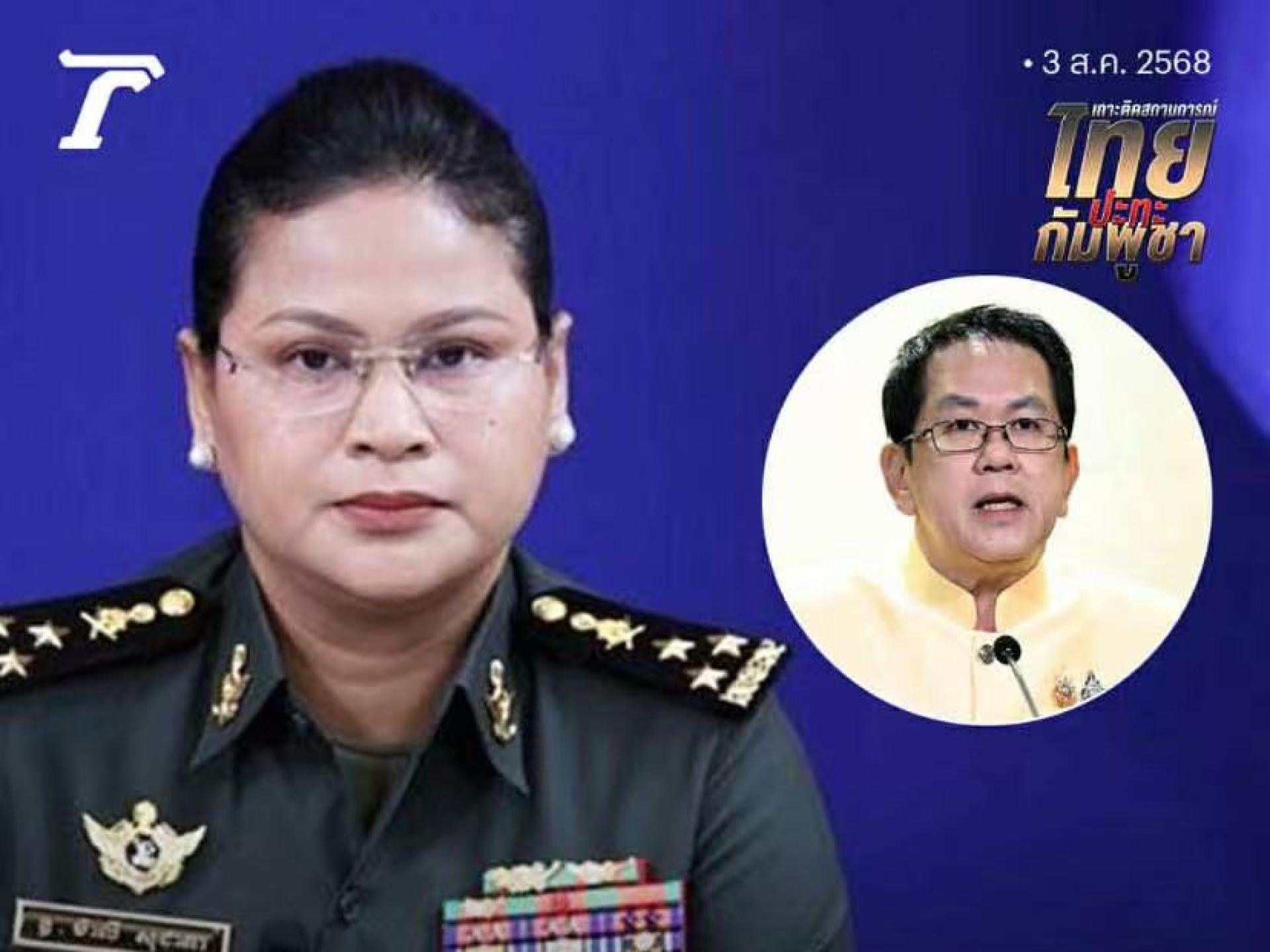(Bangkok, 4th) General Jirayut, a member of Thailand's National Border Affairs Committee, stated during a press conference at noon on the 3rd of this month that the Thai government has formally issued a warning to Cambodia: if drones intrude upon Thailand's sovereign airspace, Thai authorities will immediately take action to shoot them down, showing zero tolerance.
According to Thai media reports, in response to the increasingly severe threats to border air security, the Royal Thai Army and related security units have comprehensively upgraded anti-drone measures. On August 2, the commander of the 2nd Army Region presided over a video conference with governors of 20 northeastern provinces, emphasizing the need to strengthen controls on key areas, including government office buildings, armories, airports, transportation hubs, police stations, and stadiums.
The military has directed that joint patrol teams be established in all areas, integrating police, local organizations, and the public, to screen for suspicious individuals, with particular vigilance against those involved in terrorist activities or espionage. Offenders will be severely punished according to law, and in serious cases, the maximum penalty may be death.
Jirayut pointed out that for foreign offenders, Thailand will process them in accordance with the law, deport them after legal proceedings, and place them on a blacklist, permanently barring entry.
As for the recent accusation by Cambodian Ministry of Defense spokesperson Lieutenant General Mali that "Thai drones have invaded Cambodian airspace," Jirayut firmly denied the accusation. He stated that Thailand has strict restrictions on drone flights along the border and has not engaged in any actions violating the sovereignty of neighboring countries. He noted that with modern technological developments, traditional aerial reconnaissance methods are no longer relied upon, and urged the Cambodian side not to mislead international public opinion.
Jirayut emphasized that Thailand is willing to resolve differences with Cambodia through constructive dialogue, jointly maintain border peace, and promote the well-being of both nations' peoples.
The military has directed that joint patrol teams be established in all areas, integrating police, local organizations, and the public, to screen for suspicious individuals, with particular vigilance against those involved in terrorist activities or espionage. Offenders will be severely punished according to law, and in serious cases, the maximum penalty may be death.
Jirayut pointed out that for foreign offenders, Thailand will process them in accordance with the law, deport them after legal proceedings, and place them on a blacklist, permanently barring entry.
As for the recent accusation by Cambodian Ministry of Defense spokesperson Lieutenant General Mali that "Thai drones have invaded Cambodian airspace," Jirayut firmly denied the accusation. He stated that Thailand has strict restrictions on drone flights along the border and has not engaged in any actions violating the sovereignty of neighboring countries. He noted that with modern technological developments, traditional aerial reconnaissance methods are no longer relied upon, and urged the Cambodian side not to mislead international public opinion.
Jirayut emphasized that Thailand is willing to resolve differences with Cambodia through constructive dialogue, jointly maintain border peace, and promote the well-being of both nations' peoples.
